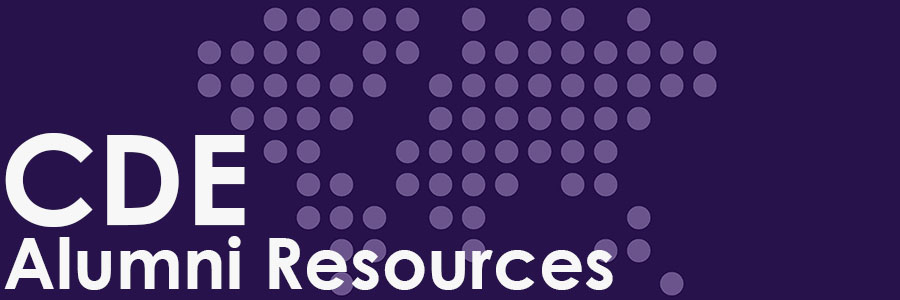article by Tessa Bold, Mwangi Kimenyi, Germano Mwabu, Alice Ng'ang'a, and Justin Sandefur
This paper has been assigned as part of a unit on external validity for Program Evaluation, a spring CDE elective.
Abstract:
The recent wave of randomized trials in development economics has provoked criticisms
regarding external validity. We investigate two concerns—heterogeneity across beneficiaries and
implementers—in a randomized trial of contract teachers in Kenyan schools. The intervention,
previously shown to raise test scores in NGO-led trials in Western Kenya and parts of India, was
replicated across all Kenyan provinces by an NGO and the government. Strong effects of short-term
contracts produced in controlled experimental settings are lost in weak public institutions:
NGO implementation produces a positive effect on test scores across diverse contexts, while
government implementation yields zero effect. The data suggests that the stark contrast in success
between the government and NGO arm can be traced back to implementation constraints and
political economy forces put in motion as the program went to scale.
Citation:
Bold, T., M. Kimenyi, G. Mwabu, A. Ng'ang'a and J. Sandefur (2013). "Scaling Up What Works: Experimental Evidence on External Validity in Kenyan Education." Center for Global Development, Working Paper No. 321.
